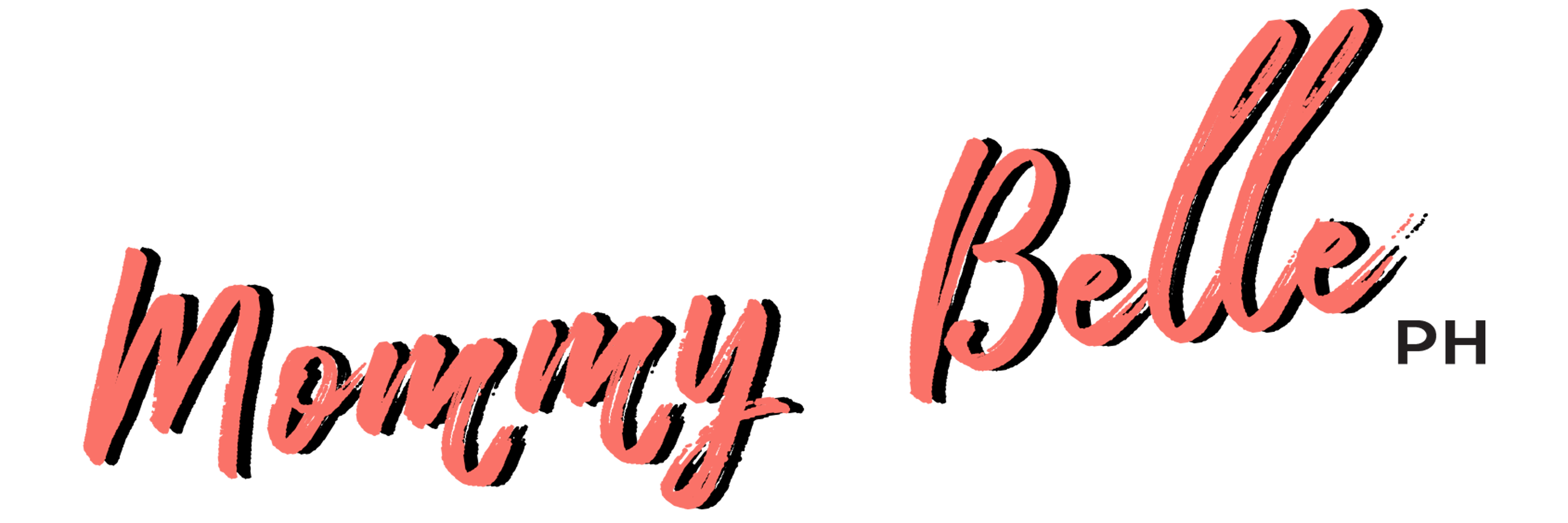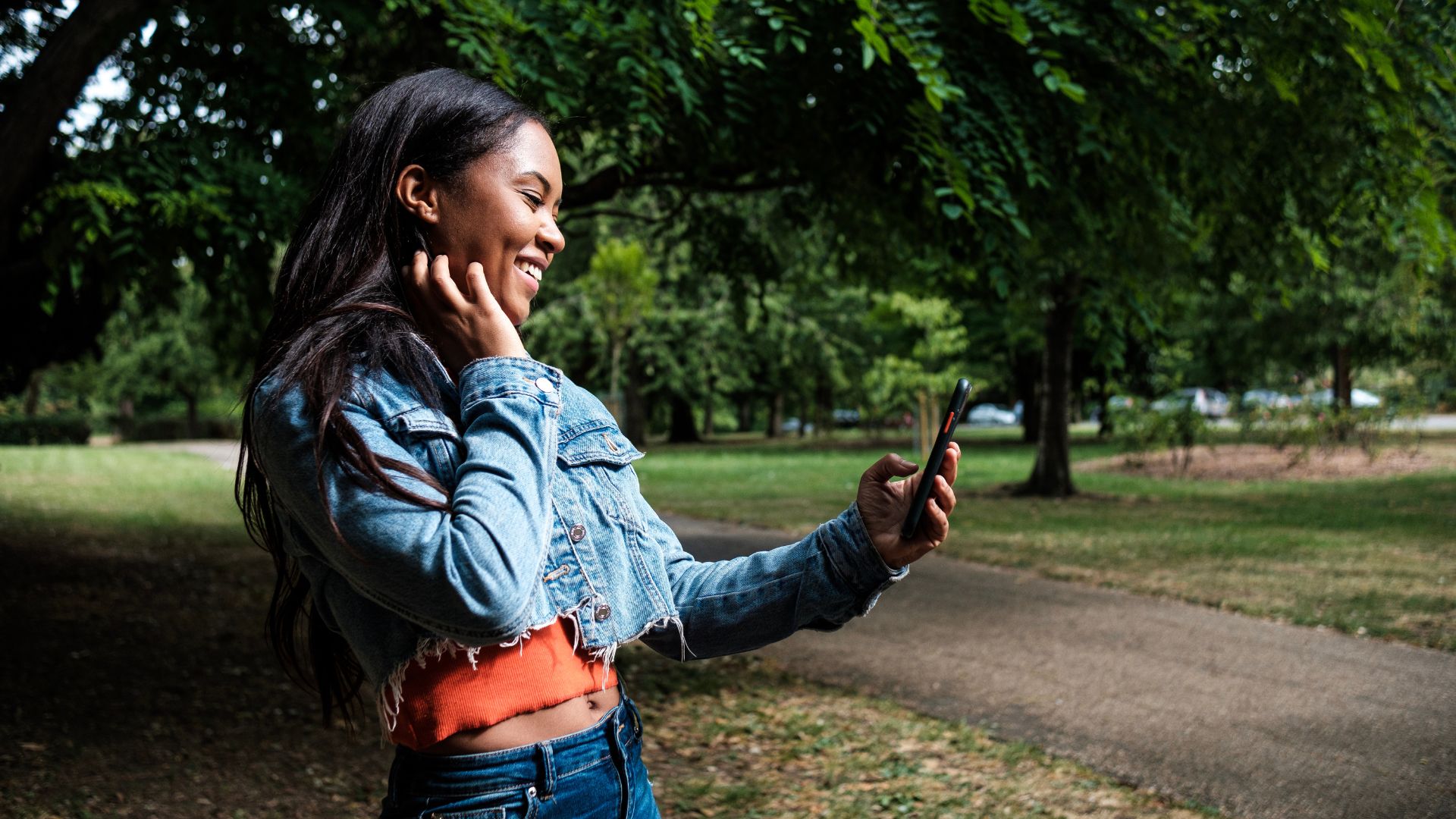If you can follow people online, you can definitely unfollow, right? But let’s do it for good reasons—one is to keep our mind healthy. We are not in control of the people we meet but, we certainly are of what media we consume. That’s why let us be intentional, not just in real life but also in virtual.
Here are five reasons why you should unfollow someone, all for the purpose of protecting your peace.
1. Unfollowing helps you breathe from too much negativity, stress, or violence.
The real world is already filled with sadness, cruelty, and oppression; it’s only right that we create an online community where positivity strives—and there is no other place to start than with our own social media feeds.
Filtering our feeds can prevent our minds from thinking about too much negativity, hate, or violence amidst our society and personal lives. The great way to do this is by unfollowing specific people or accounts on social media whose content are toxic and unhealthy. This is just one of the simplest and best practices to protect our thought life in social media.
2. Unfollowing allows you to be in control of the things that influence you.
Seeing other people’s content can incite someone to have the same feeling it conveys or promotes. There’s nothing problematic with that if it makes other users feel good or happy but, if it does the otherwise then that’s where we are supposed to draw the line.
If we let others influence the way we think or see something or someone, we let them take over our mindset subconsciously. And if we are not careful, they will eventually take over our life. That’s why choosing who we “follow” on social media really matters—it’s always for our mental peace.
3. Unfollowing makes room for positive content.
By eliminating toxic content through unfollowing people, we can intentionally make room for healthy and positive ones. It is by unfollowing that the relevant, beneficial, and encouraging content appears more frequently in our social media feeds. This practice also helps online users in assessing themselves and the type of content they are consuming the most in social media.
4. Unfollowing empowers you to move on.
It’s no denial—it’s hard to move on from someone or something when you still have a connection with them, particularly online, where users subconsciously stalk or “back read” on conversations they had with someone they have platonic or romantic history with. Even when you don’t necessarily do these or claim that you have already moved on, their “story” and posts can still pop up on your feed unpredictably.
That’s why unfollowing, in this context, is a huge thing. By unfollowing that person, you let your mind roam free; it’s no longer occupied with the past and memories, reminding you that it’s alright to do such a thing for the sake of your heart and healing. In no time, you’ll eventually reach the phase where their online presence no longer brings you any lingering feeling of unhealthy nostalgia.
5. Unfollowing encourages you to set healthy boundaries.
It’s not only in real life that we set healthy boundaries to protect our peace and guard our heart; we do this in our digital life too. If someone, and his content, is not really helping in our thought life, we can be courageous enough to unfollow them and let them live their own lives.
In Facebook, unfollowing is a great feature because it allows its users to maintain their Facebook “friendship” with someone they unfollowed without glimpsing into that person’s life, promoting a civil online experience. As we are in control of our virtual life, let’s not be afraid to take extra steps to protect what we have and build an online world where we are safe, loved, and inspired.
The act of unfollowing is very important in these present times. We don’t have to wait for a catalyst that will spark change in social media; on our own, we can practice and encourage online self-regulation. It’s high time we take our mental well-being seriously.






